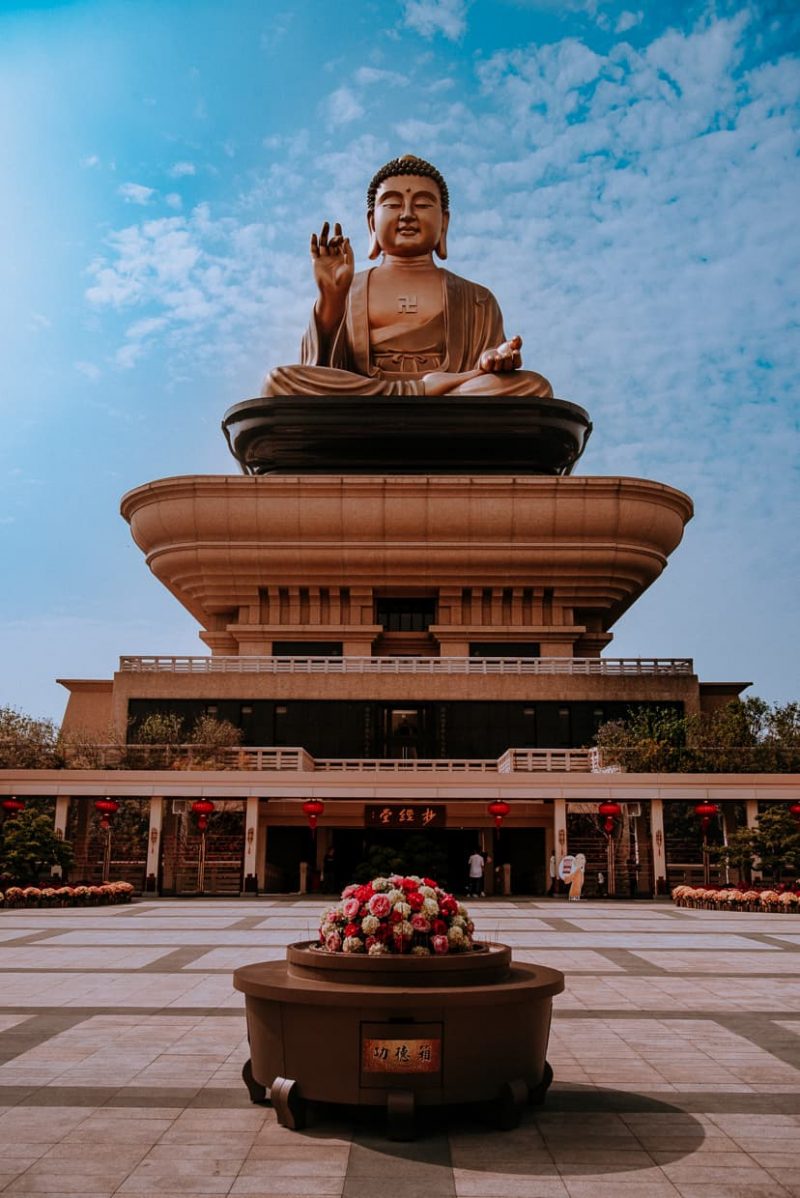Reference




OpenAI's Answer
Fo Guang Shan Monastery, located in Taiwan, is of great significance in Buddhism for several reasons:
-
Size and Influence: It is the largest Buddhist temple compound in Taiwan, covering over 30 hectares. This makes it a major center for Buddhist practice and education in the region.
-
Humanistic Buddhism: Founded by Venerable Master Hsing Yun in 1967, the monastery is a hub for Humanistic Buddhism. This modern form of Buddhism emphasizes integrating the teachings into daily life and promoting education, culture, and charitable activities.
-
Global Presence: Fo Guang Shan has a worldwide presence with chapters around the globe. It is one of the two largest Buddhist organizations and charity associations in Taiwan.
-
Cultural and Educational Initiatives: The monastery promotes Buddhist education through several colleges and universities, fostering Buddhist professionals. It aims to propagate the Dharma and engage with the modern world through technology and cultural exchange.
-
Symbolic Structures: It houses the largest bronze sitting Buddha statue in Southeast Asia, symbolizing peace and compassion.
-
Part of the Four Great Mountains: Fo Guang Shan is considered one of the "Four Great Mountains" of Taiwanese Buddhism, alongside Dharma Drum Mountain, Tzu Chi, and Chung Tai Shan, signifying its importance in the Buddhist landscape.
For further details, you can explore more about Fo Guang Shan here.


Follow Up
Related
What is the significance of Fo Guang Shan in Taiwan's Buddhism?
How did Buddhist practices influence Daoist concepts like shijie and bigu?
What are the primary tenets promoted by the Fo Guang Shan and BLIA?
What significant contributions did Palane Vajiragnana Thero make to Buddhism in Sri Lanka?